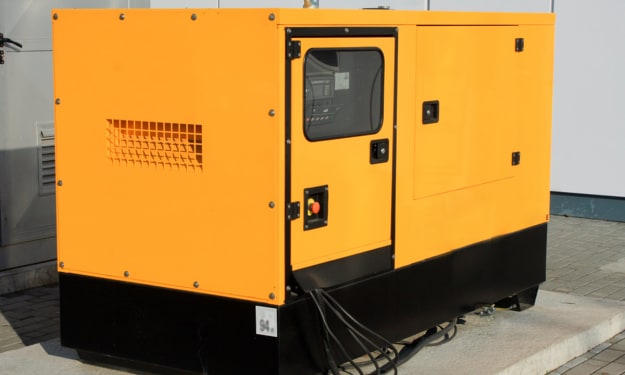
The future of transportation is poised to undergo a significant transformation, with the emergence of new technologies such as self-driving cars and hyperloops. These technologies have the potential to revolutionize the way we move people and goods, and to address some of the most pressing transportation challenges of our time, such as congestion, pollution, and safety.
Self-driving cars are autonomous vehicles that can operate without human intervention, using a combination of sensors, cameras, and machine learning algorithms to navigate roads and make decisions. They have the potential to greatly reduce the number of accidents caused by human error, as well as to improve the efficiency of transportation systems by reducing congestion and optimizing routes.
Several companies, including Tesla, Waymo, and Uber, have been working on the development of self-driving cars, with varying degrees of success. While there have been some setbacks, including accidents involving self-driving cars, the technology continues to advance, with new sensors, algorithms, and safety features being developed to improve performance and reliability.
The adoption of self-driving cars is likely to be gradual, with early adopters including commercial fleets and ride-sharing services, which can benefit from the increased efficiency and lower costs of autonomous vehicles. However, the widespread adoption of self-driving cars may also have significant implications for urban planning, as the need for parking and road space may be reduced, and the layout of cities may be reimagined to better accommodate autonomous vehicles.
Hyperloop is another emerging transportation technology that has the potential to revolutionize the way we move people and goods. Hyperloop is a high-speed transportation system that uses magnetic levitation and a low-pressure environment to propel pods through a tube at speeds of up to 700 miles per hour. This would allow for fast and efficient transportation between cities, with the potential to greatly reduce travel times and congestion on traditional modes of transportation.
Several companies, including Virgin Hyperloop and SpaceX, have been working on the development of hyperloop technology, with successful tests being conducted on prototype systems. While there are still significant technical and regulatory challenges to overcome, the potential benefits of hyperloop are significant, including the ability to reduce travel times between cities, decrease congestion and emissions, and improve connectivity and accessibility.
However, the adoption of hyperloop technology may also have significant implications for urban planning, as it may change the way we think about transportation networks and the spatial organization of cities. Hyperloop may also pose challenges in terms of safety and security, as well as issues related to privacy and the ownership of transportation infrastructure.
Other emerging transportation technologies include electric vehicles, which have the potential to greatly reduce emissions and dependence on fossil fuels, as well as drone delivery systems, which could improve the efficiency and speed of goods transportation. Additionally, advancements in materials science and manufacturing may lead to the development of new modes of transportation, such as flying cars or personal transportation devices.
The adoption of these emerging transportation technologies will depend on a variety of factors, including technical feasibility, regulatory frameworks, and public acceptance. While there are significant challenges to overcome, including technical, regulatory, and social barriers, the potential benefits of these technologies are enormous, including improved safety, efficiency, and sustainability of transportation systems.
However, the adoption of these technologies must also be guided by considerations of equity and justice, to ensure that the benefits are shared widely and that the potential risks and unintended consequences are mitigated. This will require collaboration between governments, private companies, and civil society, to develop innovative solutions that address the needs and concerns of all stakeholders.
In conclusion, the future of transportation is poised to undergo a significant transformation, with the emergence of new technologies such as self-driving cars and hyperloops. While there are significant challenges to overcome, the potential benefits of these technologies are enormous, including improved safety, efficiency, and sustainability of transportation systems. However, the adoption of these technologies must also be guided.





Comments
There are no comments for this story
Be the first to respond and start the conversation.